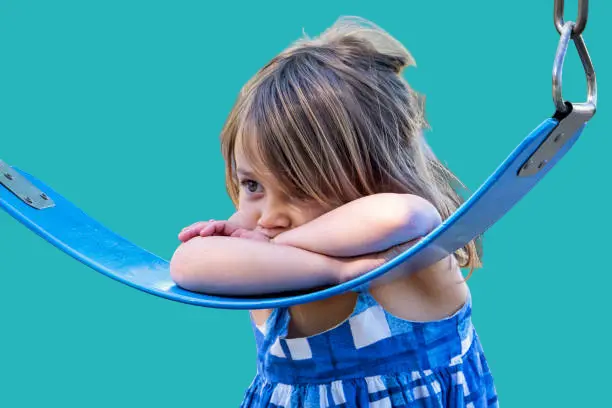A child's behavior is directly influenced by the environment in which they live, and the family is the primary factor shaping this behavior from their early years. When conflicts between parents occur repeatedly, the child loses a sense of stability, which is reflected in their behavior and way of thinking. Therefore, understanding the relationship between family conflicts and the development of a child's personality is an important step toward maintaining psychological and social balance.
Causes of Family Conflict and Their Overall Impact
There are many reasons that lead to conflict within the family, which may affect relationships between family members and lead to weakened family stability. These include:
Differences of opinion between parents.
Economic pressures and living problems.
Poor emotional communication between spouses.
External interference in family affairs.
Child Behavior Under Family Tension

Child behavior is clearly affected when they live in an atmosphere of tension and conflict, and they exhibit some of the following behavioral signs:
Nervousness and excessive irritability.
Isolation from others.
Poor social interaction.
Poor academic achievement.
Imitating the aggressive behavior of parents.
The Psychological Impact of Conflict on Children's Thinking
Continuous conflicts affect a child's psyche, making them more anxious and fearful of the future, which undermines their self-confidence and confidence in their surroundings.
The Role of Parents in Reducing the Negative Effects of Conflict
Parents can reduce the negative effects of family conflicts by being aware of the correct ways to deal with them. The most prominent methods include:
Avoiding arguments in front of their children.
Speaking to the child in a reassuring, non-threatening manner.
Modeling understanding and respect.
Maintaining a regular family routine.
A child's behavior when they lack psychological security
Lack of security within the family directly affects a child's behavior, and the most important manifestations resulting from this are:
Constant fear of loss or punishment.
Withdrawal from social activities.
Lack of self-confidence and difficulty expressing oneself.
Tendency to remain silent or lie to avoid problems.
The Consequences of Family Conflict on Academic Achievement
The effects of conflicts within school are evident through several clear signs, including:
Distraction during lessons.
Low test scores.
Lack of participation in group activities.
The child feels unwilling to learn.
The impact of inconsistent parenting on a child's personality
Inconsistent parenting between parents leads to a child's personality disorder due to conflicting messages that confuse them in distinguishing right from wrong. These include:
Loss of confidence in their personal decisions.
Hesitation in expressing an opinion or taking a stand.
Weak adherence to family or societal rules.
Tendency toward aggressive or rebellious behavior.
Feelings of confusion and anxiety in social situations.
Methods for addressing the impact of conflict on a child's behavior

Calm family communication and understanding between parents are essential for addressing the effects of conflict on a child's behavior. The most important methods include:
Promoting positive dialogue within the family.
Clearly demonstrating love and inclusion for the child.
Avoiding recurring conflicts in front of the children.
Providing a stable environment that makes the child feel safe.
Seeking help from family counseling specialists when needed.
Frequently Asked Questions About the Impact of Family Disputes on Children's Behavior
Do minor disagreements between parents affect a child's behavior?
Yes, even minor disagreements, if repeated in front of the child, can undermine their sense of security and may cause psychological stress or aggressive behavior.
Does a child need psychological support after repeated family disputes?
Yes, if behavioral disturbances persist or excessive anxiety develops, it is advisable to consult a psychologist to provide appropriate support.
What is the role of the school in dealing with a child affected by family disputes?
The role of the school is to monitor the child's behavior early, provide psychological support, and cooperate with the family to protect the child from behavioral or academic deterioration.
Article Summary
Family disputes affect a child's psychological balance and daily behavior, and family stability is key to maintaining a child's healthy behavior and thinking.